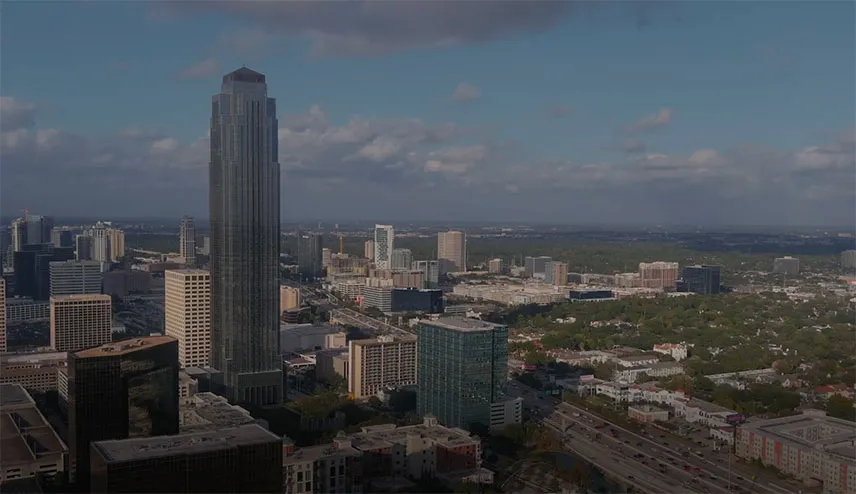Background
American government disaster recovery is limited, and federal responses are unequal. Survivors make do with only their resources and those from nonprofits. When there is federal response, it is unequal: Even when the amount of damage and loss are the same, in large disasters, Black survivors see their wealth decrease by $27,000 on average while white survivors see their wealth increase by $126,000 on average. Today, climate-related disasters are increasing and contributing to more unequal outcomes. CARE is prepared to address this inequality in emergency response and recovery through fast, direct cash, food, housing, and job assistance to low-income women of color.
In 2020, CARE launched its domestic emergency response work in response to economic and food insecurity created by the COVID-19 pandemic. Working with local partners, CARE assisted women and families with access to food, cash, and jobs. This work was made possible by community groups, local government agencies, and gig platform agencies and occurred in Akron, Atlanta, Houston, Los Angeles, Louisville, and San Francisco. Across these six cities, we delivered 13M+ meals to food-insecure populations and put over $1.8M directly in workers’ pockets.
Today, our emergency response work directly addresses disparities that BIPOC women and young girls experience. Disasters disproportionately affect women and girls of color because of inequalities in political, economic, and social resources. In the United States, just as in so many other countries in which CARE works, emergency response often ignores or is unable to reach the most vulnerable residents. Through the CARE Partner Network, CARE works to ensure that women and families can find stability and recover after a life-changing tragedy. The network consists of trusted local partners, many of which are women- and/or BIPOC-led, who understand their communities’ needs.




